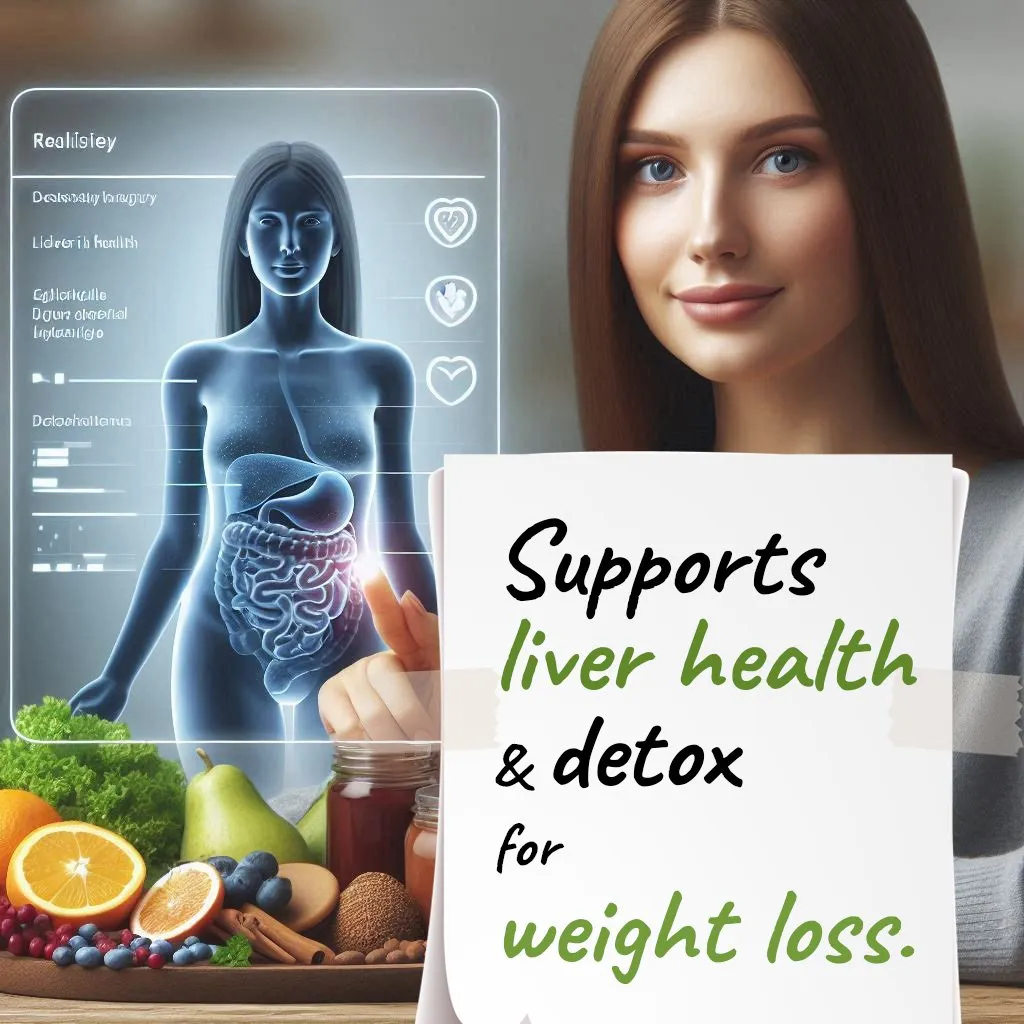
Liver Health and Weight Loss: The Surprising Connection
The liver is one of the most important organs in the body, responsible for detoxifying harmful substances, producing bile to aid in digestion, and storing essential nutrients. Maintaining a healthy liver is crucial for overall well-being, and recent research has shown that liver health is closely linked to weight loss. In this article, we will explore the connection between liver health and weight loss, and provide tips on how to improve both for a healthier life.
The Link Between Liver Health and Weight Loss
The liver plays a key role in regulating metabolism and fat storage in the body. When the liver is not functioning properly, it can lead to a condition known as non-alcoholic fatty liver disease (NAFLD), where excess fat accumulates in the liver and can cause inflammation and damage. NAFLD is strongly associated with obesity and insulin resistance, and can increase the risk of developing serious health conditions such as type 2 diabetes, heart disease, and liver cancer.
Research has also shown that a healthy liver is essential for effective weight loss. When the liver is overloaded with toxins or fat, it can become sluggish and less efficient at metabolizing nutrients and burning calories. This can lead to weight gain and make it harder to lose weight, even with diet and exercise. By improving liver health, you can boost your metabolism, increase energy levels, and make it easier to shed excess pounds.
Tips for Improving Liver Health and Weight Loss
1. Eat a Healthy Diet: A diet rich in fruits, vegetables, whole grains, and lean protein is essential for liver health and weight loss. Avoid processed foods, sugary drinks, and high-fat foods that can contribute to liver damage and weight gain. Include foods that are high in antioxidants, such as berries, leafy greens, and nuts, to help protect the liver from oxidative stress and inflammation.
2. Stay Hydrated: Drinking plenty of water is important for liver health and weight loss. Water helps to flush out toxins and waste products from the body, and can improve digestion and metabolism. Aim to drink at least 8-10 glasses of water per day, and avoid sugary drinks and alcohol that can put strain on the liver.
3. Exercise Regularly: Physical activity is essential for maintaining a healthy liver and promoting weight loss. Regular exercise can help to reduce fat accumulation in the liver, improve insulin sensitivity, and boost metabolism. Aim for at least 30 minutes of moderate-intensity exercise, such as brisk walking or cycling, most days of the week.
4. Limit Alcohol Intake: Excessive alcohol consumption can damage the liver and lead to fatty liver disease. If you drink alcohol, limit your intake to no more than one drink per day for women and two drinks per day for men. Avoid binge drinking and seek help if you have a problem with alcohol.
5. Manage Stress: Chronic stress can have a negative impact on liver health and weight loss. Practice stress-reducing techniques such as deep breathing, meditation, yoga, or tai chi to relax the mind and body. Getting enough sleep and taking time for self-care activities can also help to reduce stress and improve overall health.
FAQs
Q: Can liver health affect weight loss?
A: Yes, a healthy liver is essential for effective weight loss. When the liver is not functioning properly, it can lead to fat accumulation and inflammation, making it harder to lose weight. By improving liver health, you can boost metabolism and make it easier to shed excess pounds.
Q: What are the symptoms of liver damage?
A: Symptoms of liver damage can include fatigue, abdominal pain, jaundice (yellowing of the skin and eyes), swelling in the legs and abdomen, and dark urine. If you experience any of these symptoms, it is important to see a doctor for evaluation and treatment.
Q: How can I improve liver health naturally?
A: To improve liver health naturally, eat a healthy diet, stay hydrated, exercise regularly, limit alcohol intake, and manage stress. Avoid processed foods, sugary drinks, and high-fat foods that can contribute to liver damage, and include foods that are high in antioxidants to protect the liver from oxidative stress.
Q: Can weight loss help improve liver health?
A: Yes, weight loss can help to improve liver health by reducing fat accumulation in the liver and improving insulin sensitivity. Losing excess weight can also reduce inflammation and oxidative stress in the liver, leading to better overall function and health.
In conclusion, liver health and weight loss are closely linked, and it is important to take care of your liver to support a healthy weight and overall well-being. By eating a healthy diet, staying hydrated, exercising regularly, limiting alcohol intake, and managing stress, you can improve liver function and make it easier to achieve your weight loss goals. Consult with a healthcare provider or nutritionist for personalized advice and guidance on how to improve liver health and promote weight loss.